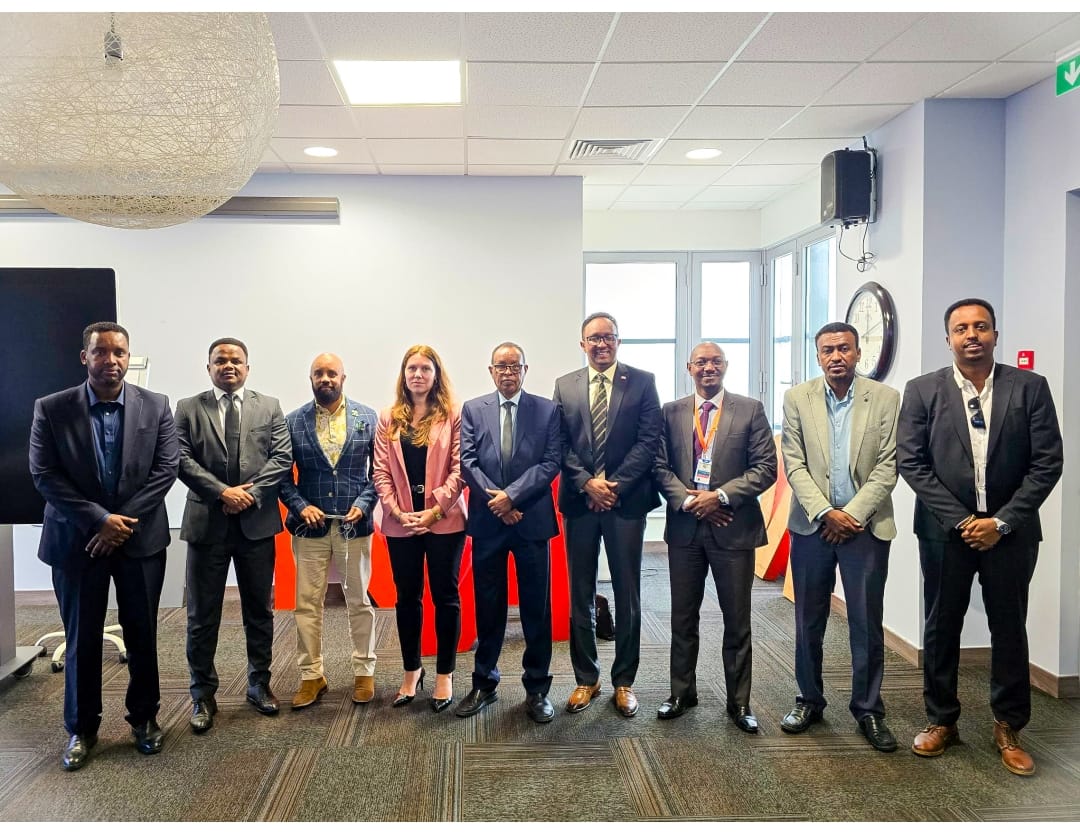
By LJDemissie
January 02, 2025
Dear CEO Tilahun E. Kassahun,
I hope this letter finds you well. I am writing to address some observations and concerns regarding the recent public communications related to ESX’s activities by Ato Zemedeneh Negatu, a board member of ESX (tweet).
Firstly, I would like to commend the efforts of ESX in organizing the two-day capital markets training focused on securities brokerage. Such initiatives are crucial for the development of the financial market in Ethiopia.
However, I have noticed that Ato Zemedeneh Negatu has been the primary individual posting about ESX’s activities on his personal X account. While his enthusiasm and dedication are commendable, this raises a few questions about the communication strategy and policies within ESX:
- Authority and Representation: As a board member, does Ato Zemedeneh have the official capacity to make public statements on behalf of ESX? It is important to clarify the roles and responsibilities of board members in terms of public communication to ensure consistency and avoid any potential conflicts of interest.
- Transparency and Coordination: Given that ESX has not made any official statements about the training, it is essential to understand the coordination between the organization’s official communication channels and individual board members. Transparency in communication is vital for maintaining the trust and confidence of stakeholders.
- Public Communication Policy: Is there a policy or guideline regarding public communication by ESX’s board members? Establishing clear guidelines can help streamline communication and ensure that all public statements align with the organization’s objectives and values.
- Strategic Placement: The observation that Ato Zemedeneh prominently features in pictures and frequently posts about ESX’s activities could be perceived as self-promotion. It is important to ensure that the focus remains on the organization’s achievements and initiatives rather than individual board members.
In conclusion, I believe that addressing these concerns will enhance the effectiveness of ESX’s communication strategy and reinforce the organization’s commitment to transparency and professionalism. I look forward to your response and any clarifications you can provide.
Thank you for your attention to this matter.
Sincerely,
LJDemission
Disclaimer
The views expressed in this letter are my own and are not intended to defame or harm any government, organization, or individual. The information provided is based on publicly available sources and critical analysis. If you believe the content contains misrepresentations or exaggerations of facts, please contact me at [email protected] or @LJDemissie on X (formerly known as Twitter). I strive for accuracy and will promptly address any concerns.
.
.
.
#Open #Letter #Ethiopian #Securities #Exchange #ESX
Source link











